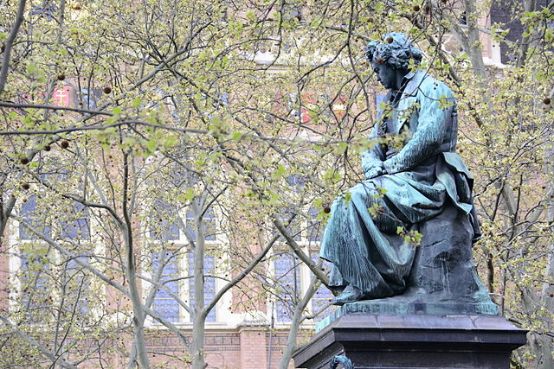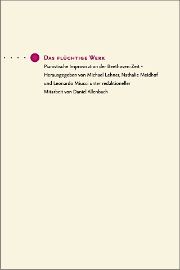Both spontaneity and strategy
The contributions to a symposium on pianistic improvisation in Beethoven's time are summarized in book form.

In his early years in Vienna, the young Beethoven was apparently more highly regarded as an improviser than as a composer. And even at the premiere of his Choral Fantasy in 1808, he is said to have improvised large sections. Playing off the cuff was therefore part of his everyday life - and often led directly to composition. These aspects have now also been recognized by musicologists and are being studied intensively in Beethoven's case. Music academies in particular have an important role to play here, because this is where theory and practice can come together.
In 2013, the Bern University of the Arts organized a symposium on pianistic improvisation in Beethoven's time. The resulting anthology The ephemeral work sheds light on various interesting aspects of this rich field, such as the extemporizing legacy from the Bach tradition (both Johann Sebastian and Carl Philipp Emanuel) or the role of "free playing" in the musical rhetoric of the era. One essay examines the improvisatory element in Beethoven's Rule Britannia-Others follow contemporaries such as the now largely forgotten Joseph Lipavsky or Joseph Preindl, whose rondeaus and opera fantasies contain free elements.
But what formal models did the fully composed piano fantasies of the time follow - and can we draw any conclusions about the improvisations that often lasted for hours at the time? Carl Czerny, for example, can provide information on this. Finally, the space given to improvisation in piano concertos, but also in the popular pianist duels of the time, will be examined. Mozart and Clementi, for example, had to vary a theme together in their competition, taking turns in the role of accompaniment.
These themes are explained here objectively and soberly, comprehensibly and rarely speculatively. Improvisation appears not only as the ideal of music born of spontaneity, but also as a product of strategy and calculation, i.e. as premeditated. Seen in this light, composition and improvisation are no longer opposites, but intertwined.
The fleeting work. Pianistic Improvisation of the Beethoven Era, edited by Michael Lehner, Nathalie Meidhof and Leonardo Miucci, 209 p., € 35.00, Edition Argus, Schliengen 2019, ISBN 978-3-931264-92-5, free PDF








